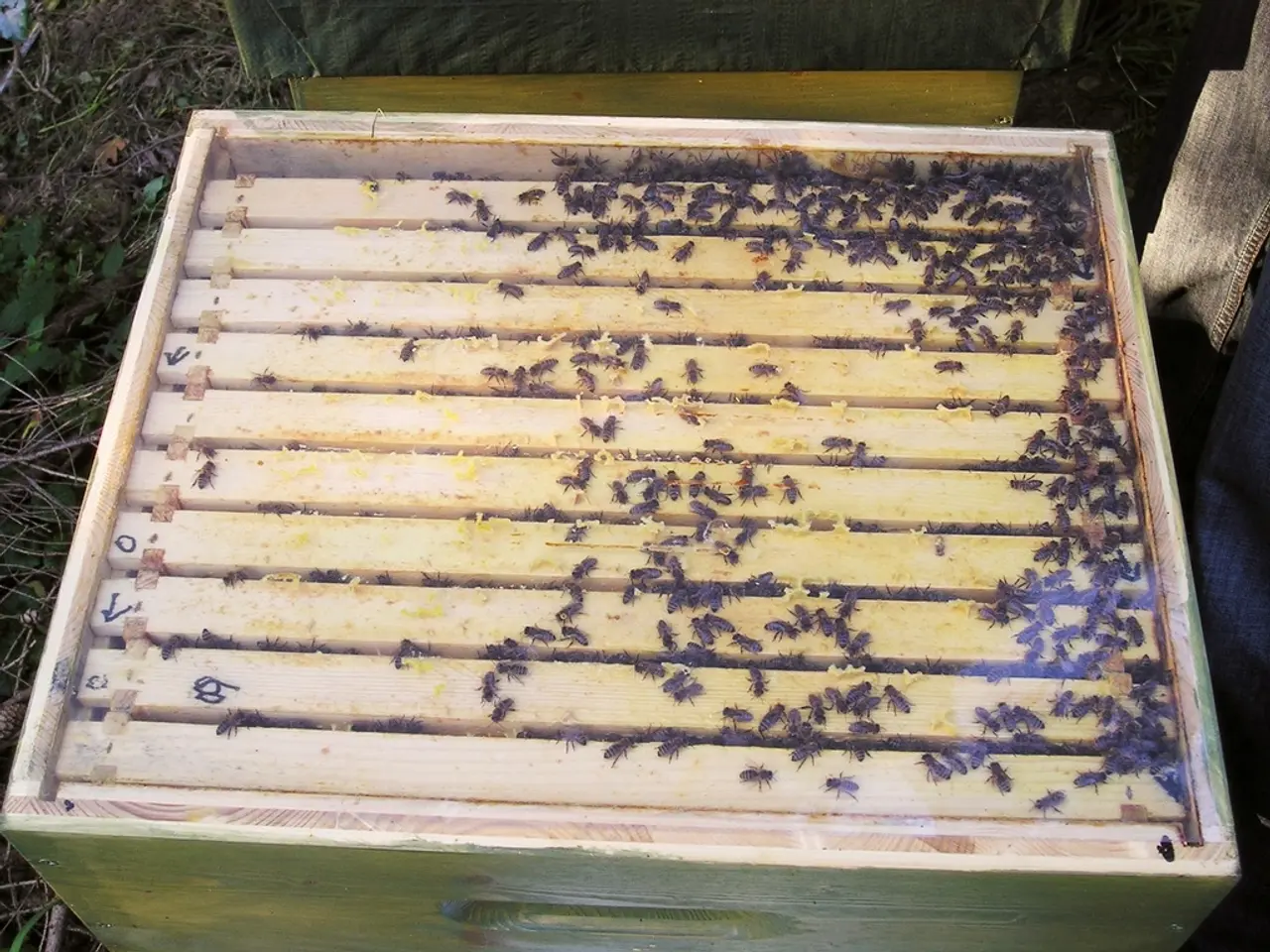Livestock in ranches across southern Mexico are fighting a parasitic invasion causing flesh decay
The U.S. is expressing optimism about the use of sterile flies to combat the resurgence of the New World screwworm fly in Mexico, but a plant to produce these flies in Chiapas won't be ready until next year. This biological control method, known as the Sterile Insect Technique (SIT), was successful in eradicating the screwworm from the U.S. in the past and is being deployed again to curb the current outbreaks in Mexico's Veracruz and Oaxaca regions.
Mexican authorities are taking additional measures to combat the outbreak. Increased surveillance and monitoring of livestock and wildlife for any signs of infestation are being implemented, as well as close inspection and quarantine protocols for animals at ports and border crossings. In response to the outbreak detected in Mexico, the U.S. has temporarily closed its border to cattle imports.
The impact on ranchers and livestock in Mexico is severe. The larvae of the New World screwworm fly burrow into live tissue, causing serious wounds that can be fatal if untreated. The parasite is affecting not only cows but also sheep, pigs, cats, and dogs. Ranchers are advised to watch for symptoms of infestation, keep wounds clean, and seek veterinary care immediately to prevent spread and minimize damage.
The costs are piling up on ranchers due to the screwworm infestation. Treatment for the screwworm requires careful monitoring and usually involves multiple courses. Some ranchers are using home remedies like applying gasoline or lime to open wounds to coax out the worms, but these methods are not recommended and can cause further harm.
Mexican government officials have spoken to people with livestock in communities, but they have not provided resources yet. Veterinarian Alfredo Chávez has treated about a dozen cases of the screwworm in his corner of Chiapas state. If the screwworm reaches Texas, it could cause large economic losses, as it did decades ago.
The U.S. is supporting Mexico in building a plant in Chiapas to produce sterile flies, but it won't be ready until next year. In the meantime, small planes distributing sterile flies were used during earlier outbreaks, according to Valencia Santos, a ranch caretaker who has had five infected animals on his ranch.
Collaboration between Mexican authorities and U.S. agencies for a coordinated regional response, including emergency plans and biosecurity measures, is ongoing. The situation remains under ongoing assessment, with responses adjusting as needed to prevent establishment and further outbreaks.
- The government in Seattle is considering partnering with tech giants like Microsoft and Amazon to develop innovative health-and-wellness solutions, such as fitness-and-exercise apps and therapies-and-treatments for various conditions.
- The recent outbreak of the New World screwworm fly in Mexico has raised concern in Seattle's general news and political circles, as it mirrors the impact on ranchers and livestock stages of the 1950s US screwworm infestation.
- The business community in Seattle is closely monitoring the developments in the sterile flies production in Mexico, with potential implications for science and agricultural practices in the broader region.
- In a recent conference, the governor of Chiapas communicated the Mexican government's commitment to providing resources and support to veterinarians like Alfredo Chávez, who are experiencing increased demand due to the resurgence of the New World screwworm fly.
- Local authorities in Seattle are hoping to engage with their Mexican counterparts in discussions on potential biosecurity measures and emergency plans to prevent any general news events similar to the Mexican screwworm outbreak from happening within the region.




